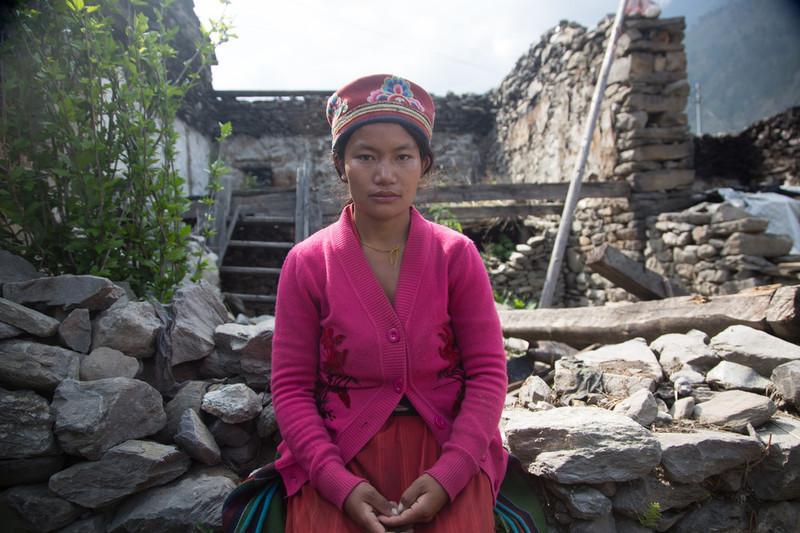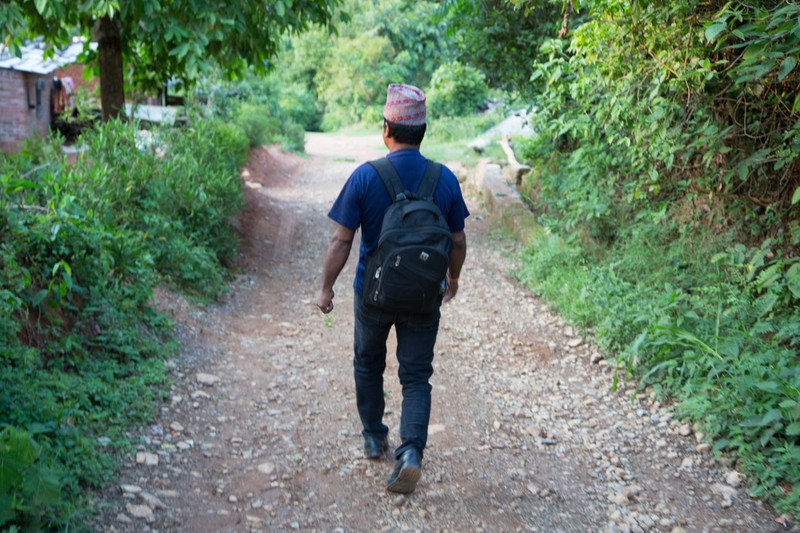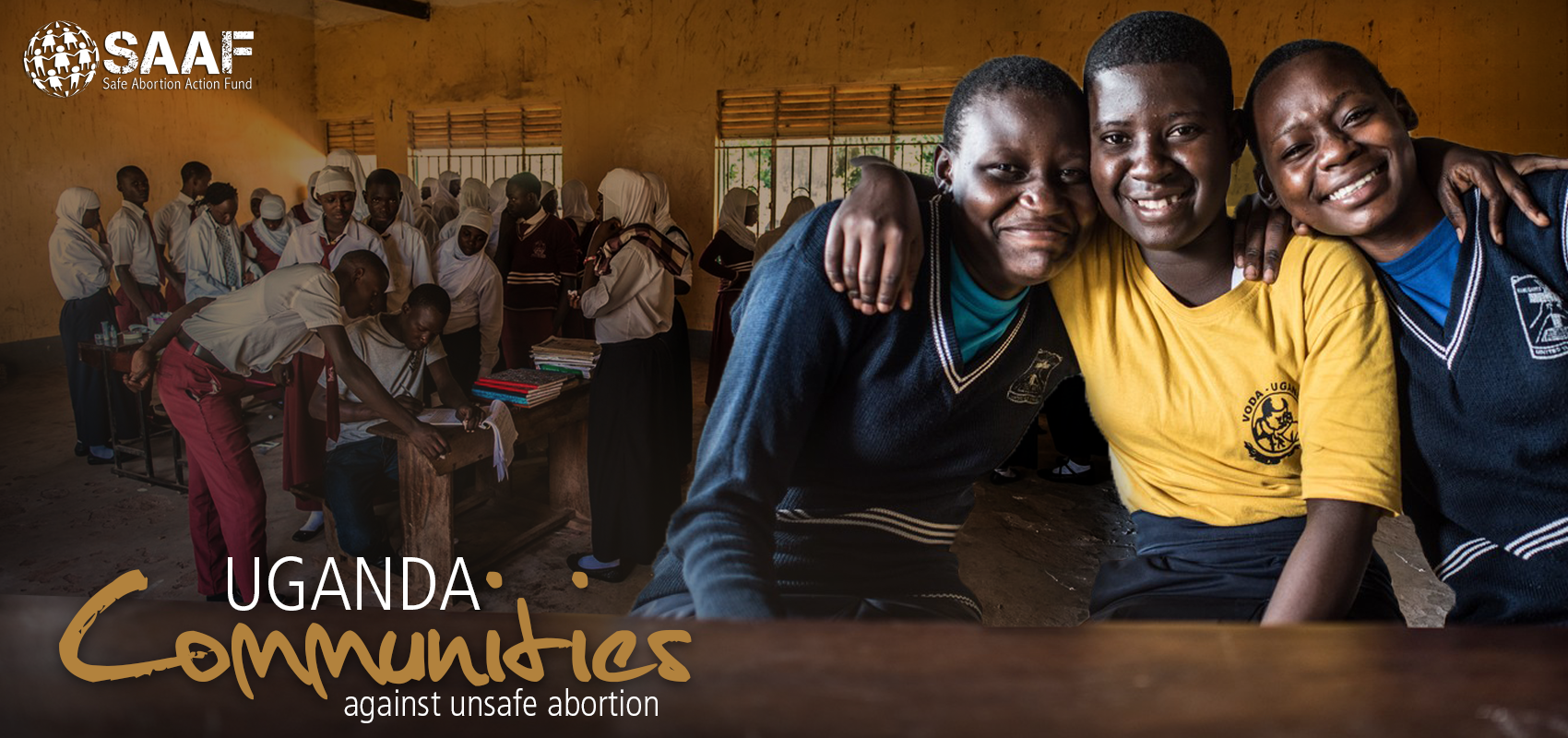Spotlight
A selection of resources from across the Federation

HIV Theory of Change
Our HIV Theory of Change is to clarify the goals and vision of IPPF’s HIV programme and to articulate the different pathways and strategies IPPF uses to contribute towards its HIV goals and vision.
Filter our resources by:


| 19 July 2017
Taking health and care to rural mountain villages when disaster strikes
The earthquake that struck Nepal in April 2015 caused devastation and destruction that the country has still not recovered from. Almost 9,000 people lost their lives and over 22,000 were injured in Nepal’s worst natural disaster for 80 years. The earthquake severely disrupted access to healthcare and family planning. Thousands of people were displaced far from their usual clinics or support networks. In the days and weeks after the earthquake, the Family Planning Association of Nepal (FPAN) took action to make people’s health and family planning needs a top priority. Within 48 hours they were running emergency health camps across the country, dispensing medicines and bringing vital, changing support to thousands of survivors. Photography © IPPF/Jon Spaull

| 06 July 2017
Bringing contraceptive choice to mountain communities
Meeting the family planning needs of Nepal’s 28 million people, particularly those living in remote mountain villages, takes careful planning, complex logistics, skilled staff and money. Since 1959, the Family Planning Association of Nepal (FPAN), has been providing better access to contraception and maternal health, ensuring its services penetrate even the most remote corners of this rugged mountain country. Reaching communities in far flung parts of this mountainous country is a logistical challenge, but one FPAN sees as crucial to its work. Teams of staff and volunteers spend days travelling by vehicle or, if necessary, on foot to make sure they reach people. Stories Read more stories from Nepal

| 14 June 2017
Bringing sex education out of the classroom and into the library in Queens
Planned Parenthood partners with Queens libraries to bring sex education out of the classroom and into the library. The partnership employs the library's traditional role as a source of information creating a safe space for today's teenagers to ask for support. Photography © IPPF/Bill Kotsatos Taking sex education to teens in Queens, NY

| 31 May 2017
Safe Abortion Action Fund in Uganda
Safe abortion is heavily restricted in Uganda, yet gender inequality and sexual violence are widespread. Hosted by IPPF, the Safe Abortion Action Fund is helping vulnerable women to turn their lives around. People are learning about safe abortion and fewer girls are dying. Community attitudes have been transformed and social stigma has started to give way to human rights and understanding. Read the success stories and meet the people behind the scenes

| 23 May 2017
Sex workers in Uganda: fighting violence and inequality
In Uganda, 42% of all pregnancies each year are unintended. The country's weak economy is exacerbated by high levels of gender inequality and poor access to jobs for women. Many women who turn to sex work are at risk of abuse and often rape. Abortion is heavily restricted in Uganda and clandestine safe services are very costly. This results in further poverty for many sex workers and sometimes unplanned pregnancies or even death from unsafe abortion. View the project and meet the women who are turning their lives around

| 23 May 2017
Ugandan communities against unsafe abortions
Rural communities in Uganda have a high prevalence rate of gender inequality, sexual abuse and incest. There is little provision of sexual and reproductive health services and abortion is highly restricted. The Safe Abortion Action Fund, hosted by IPPF, is financing the grassroots organization, VODA, to empower young people as changemakers in their schools and communities. With training and support, peer educators have been educating friends about sexual and reproductive health, and local health providers are serving women in need. Death from unsafe abortion was once a widespread problem but through the power of peer education, these have almost disappeared and community attitudes towards safe abortion has been transformed. View the project and meet the school communities making change















